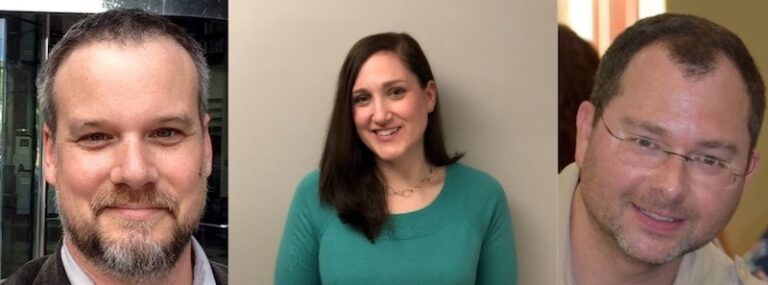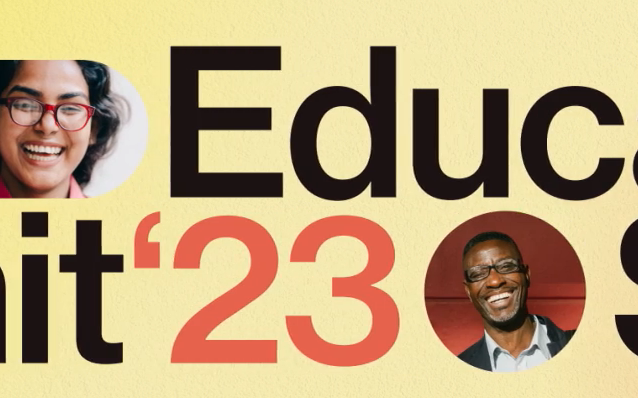By Kala Kachmar
There is little evidence that the $186 million Common Core program will fix one of the toughest problems facing New Jersey’s classrooms: the education gap between rich and poor kids.
After nearly two decades of standardized testing and countless curriculum changes, students from homes at or near the poverty line still perform, on average, 15 points lower than other students on the math portion of the 11th grade graduation test, the Asbury Park Press found in a review of test scores for nearly 400 high schools across the state.
Now, with the new testing standards raising a ruckus among many parents, politicians and the governor, experts say the Partnership for Assessment of Readiness for Colleges and Careers, or PARCC, test for most grades will not help close the education gap.
“I think there’s little evidence that having large-scale testing has helped these students to fundamentally change,” said Drew Gitomer, an education professor at the Rutgers University Graduate School of Education in New Brunswick. “We may have certain increases in certain areas, but by and large, achievement gaps persist.”
Children from lower-income families tend to face hardships like hunger, stress and abuse at home that get in the way of learning, experts say. And with 38 percent of New Jersey’s 1.4 million students coming from low-income families, higher standards and harder tests could widen those gaps, Gitomer said.
More>>




